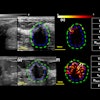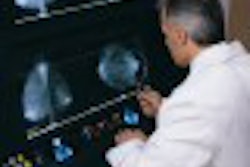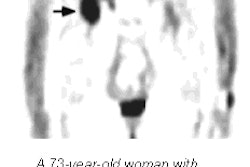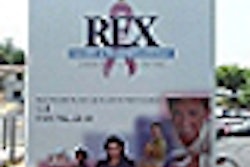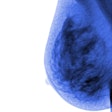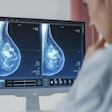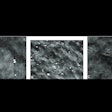The American College of Radiology has denounced the Nordic Cochrane Center mammography study, calling it an "incompetent statistical analysis." The Danish report, released by the Cochrane Center earlier this week and summarized in The Lancet, questions the efficacy of mammography screening for reducing death from breast cancer.
In a written statement, the ACR said that both the original report and The Lancet summation are based on flawed data. Dr. Peter Gøtzsche and Ole Olsen conducted a meta-analysis of eight breast cancer screening trials and determined that most do not prove that mammography reduces mortality.
"An exhaustive review of the literature on screening mammography coupled with incompetent statistical analysis is worthless," Dr. Carl D’Orsi wrote. "A consequential matter such as this needs precise reporting, not alarmist headlines." D’Orsi is the chair of the ACR’s Committee on Breast Cancer.
The ACR also noted that the Cochrane Breast Cancer Group, the institute’s governing body that reviewed Gøtzsche and Olsen’s data, did not agree with their conclusions. As a result, two different versions of the study were released; the official Cochrane report includes a statement that is in favor of mammographic screening.
In an editorial in The Lancet, Dr. Richard Horton, who supported Danish authors and agreed with their findings, explained the discrepancy: "[The] process of collaboration within the Cochrane Breast Cancer Group has broken down badly in the case of the Gøtzsche and Olsen overview. When the Nordic investigators submitted their systematic review to the editors of the Breast Cancer Group, they found that their conclusions were unwelcome. The Cochrane editors added statements in the main results section of the abstract, which lent support to arguments in favor of screening."
Because of these changes, The Lancet version is actually more comprehensive, containing data on the use of surgery and radiotherapy, Gøtzsche told AuntMinnie.com.
While much of the mammography community has remained publicly quiet on this issue, some imaging professionals are urging a more temperate view.
"[I am] not an opponent of screening as currently done...I screen in compliance with current guidelines and believe in it," said Dr. Timothy Gromley, a staff radiologist at a community hospital in Sigonella, Italy. "A valid controversial point would be how to approach outlying opinion or research. Should we evaluate academically, letting these differences go unanswered in public for a time, or should we challenge them initially while we evaluate? It is a more subtle point than ‘To screen or not to screen -- that is the question!’"
Others emphasized that open debate is the key to advances in medicine. "Perhaps this is analogous to the [prostate specific antigen] screening question. No prospective, randomized study has demonstrated the ability of PSA screening to save lives. Mammography might end up being in the same boat," wrote Dr. Baruch Kahana in an e-mail to AuntMinnie.com. Kahana is with the department of radiation oncology at Marshfield Clinic in Marshfield, WI.
"Science has been teaching us that just because something seems counterintuitive, it isn’t automatically wrong," Kahana said. "The history of medicine is littered with ideas and procedures that seemed correct at the time, but have since been discarded. If we are doing things that are of no value, we should stop. Otherwise, we are engaging in fraud."
By Shalmali PalAuntMinnie.com staff writer
October 25, 2001
Related Reading
Danish mammographers exclude dissenting opinion, October 23, 2001
Reassessment confirms: Screening mammography has no survival benefit, October 19, 2001
Danish mammo study reviewed: right questions, wrong answers, January 17, 2000
Copyright © 2001AuntMinnie.com



